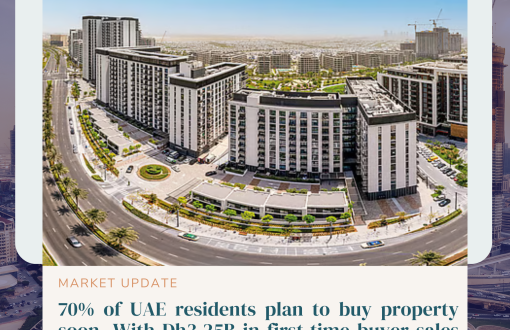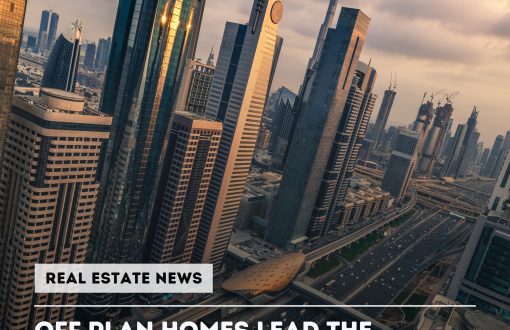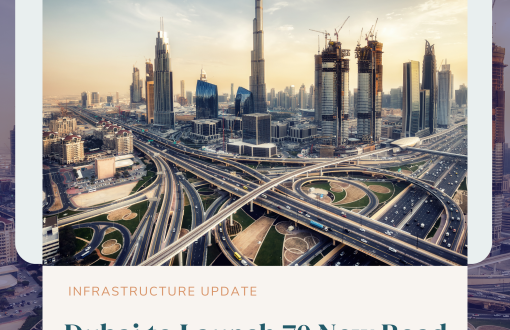Dubai Real Estate Poised for Continued Growth Amid Economic Recovery
The UAE remains the strongest economic performer in the Gulf, managing a “soft landing” amid global economic pressures, according to Michael Strobaek, Global Chief Investment Officer at Bank Lombard Odier. In a recent interview, Strobaek highlighted the UAE’s resilience, emphasizing its robust non-oil economy and flexible oil production capabilities as crucial factors for sustained growth.
Strobaek anticipates accelerated growth for the UAE and the GCC in 2025, driven by expanding oil output and easing monetary policies. “With the region’s monetary policies tied to the US dollar, we foresee regional central banks following the Federal Reserve in implementing rate cuts—potentially 150 basis points over the next year—which will help stabilize credit cycles and support economic expansion,” he said. Despite declining international reserves in recent years, the GCC maintains significant US dollar reserves to uphold currency pegs, with no expected shift in this policy.
Dubai Real Estate Maintains Strong Momentum
Dubai’s real estate market is expected to continue its upward trend, supported by the UAE’s economic growth and anticipated rate cuts. The sector, which has seen substantial gains over recent years, benefits from economic stability, though challenges from housing inflation persist. Strobaek noted that inflation in the UAE is projected to stabilize in 2025, assisted by global price trends.
“Dubai’s real estate sector will be bolstered by the economic rebound,” Strobaek explained, “and the UAE’s diversified economy should mitigate global and geopolitical risks, particularly in relation to trade with China.”
GCC Economic Diversification and Geopolitical Risks
The UAE and other GCC nations are strategically diversifying from hydrocarbon dependence, aligning with ambitious national “Vision” reforms to support long-term economic stability. Strobaek stressed the need for balanced fiscal policies to prevent deficits as oil producers gradually reverse output cuts.
With significant spare oil capacity, OPEC is positioned to mitigate potential supply disruptions. Brent oil prices are expected to hover around $70 per barrel over the next year, barring significant geopolitical escalations.
Gold Demand Driven by Geopolitical and Economic Uncertainties
Amid heightened demand for reserve diversification and financial market volatility, gold has surged this year. Strobaek projects a 12-month gold price target of $2,900 per ounce, citing ongoing Fed rate cuts, a neutral US dollar outlook, and hedging demand driven by geopolitical tensions and the US election cycle. “Gold exchange-traded funds are likely to see renewed interest as real rates fall,” Strobaek remarked, noting that a Republican win in the US could pose upside risks, while a Democrat victory may yield stable long-term performance.
Infrastructure Revitalization as a Key Global Economic Trend
Strobaek also underscored a global shift towards low-carbon, technology-embedded infrastructures in response to demographic and geopolitical changes. Highlighting the importance of modernizing power, transport, water, and communication infrastructures, he stated, “Infrastructure overhaul is essential for economic resilience and presents a valuable opportunity for global investors.”
This transformative global trend is anticipated to spur sustainable growth, offering long-term benefits that far outweigh initial costs.
Source: Khaleej Times





